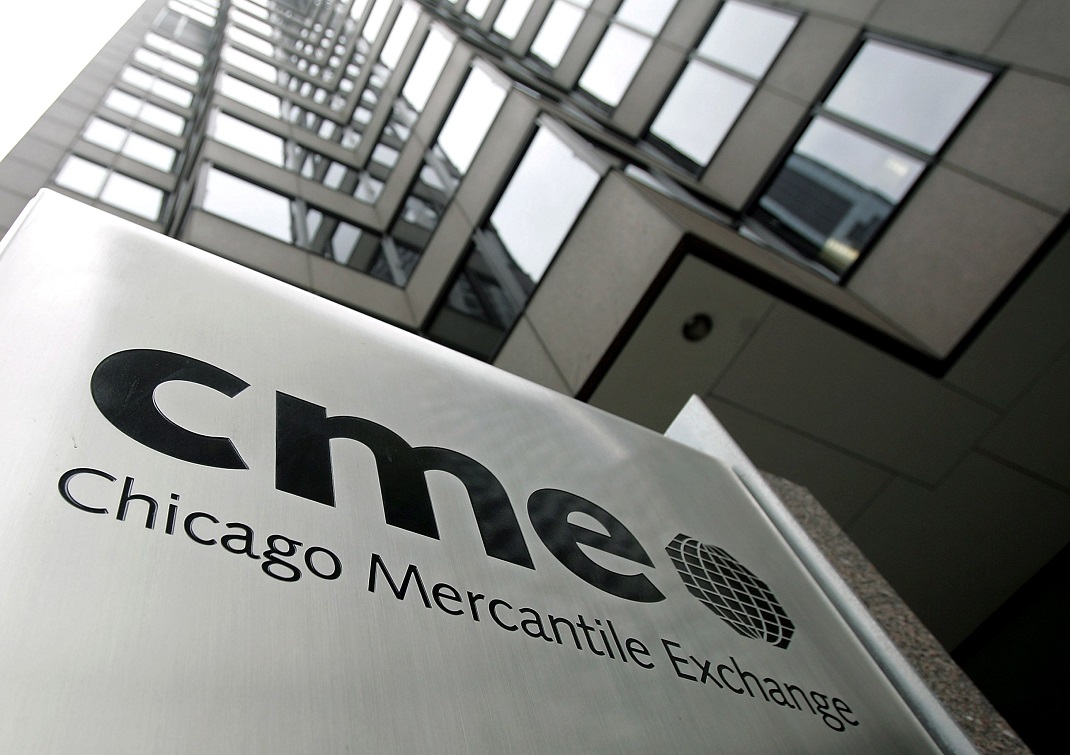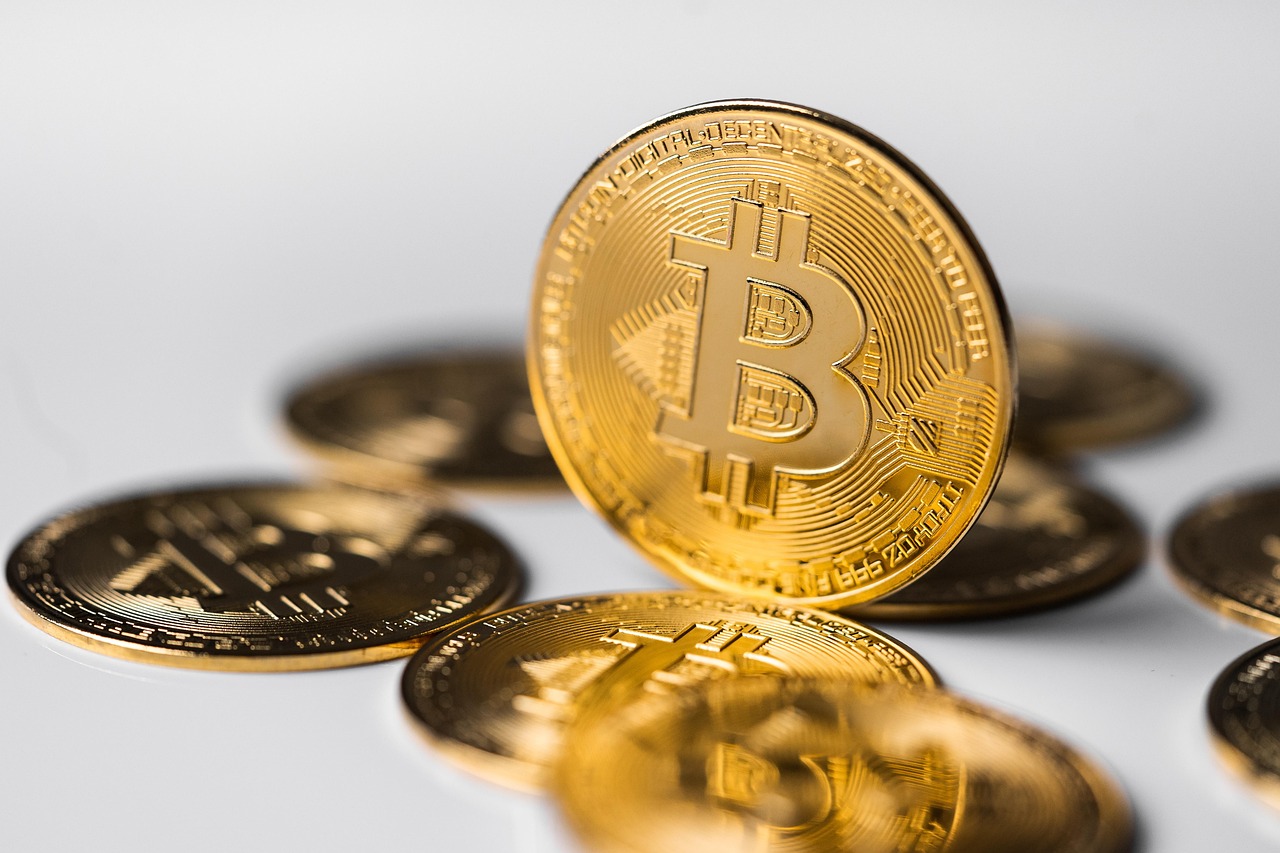The Board of the International Organization for Securities Commissions (IOSCO) published a report identifying implications of global stablecoins for securities market regulators.
The report entitled “Global Stablecoin Initiatives” examines the different regulatory issues arising from the use of global stablecoins. It also explores how the IOSCO Principles and Standards could apply to the arrangements. IOSCO’s Fintech Network prepared the report as part of its initiatives to evaluate global stablecoins proposals from the perspective of securities market regulators.
The report described “stablecoins” as a type of crypto-asset or assets that may be considered securities in certain jurisdictions. They have no legal or agreed definition itself and are marketed as having less price volatility compared to other crypto-assets.
“Stablecoin initiatives often aim to create a store of value and means of exchange that is global, efficient and accessible. While stablecoins seek to reflect a set of characteristics (i.e. price stability) they do not form a self-contained type of crypto-asset,” the report noted.
Stablecoins could be pegged and or backed by particular assets, controlled algorithmically, or their value can float freely. However, there are several stablecoins currently-traded that are not backed by assets. Stablecoin holders are not entitled to redemption at face value.
The report added that stablecoins could fall under several categories because it exhibits a wide range of different features. Thus, it could fall within or outside a variety of different regulatory frameworks for financial instruments or services.
Although they are called stablecoins, they are neither “stable” nor “coins” in the true sense of either word. Also, although “stablecoin” is used as a marketing term that has been widely adopted by the industry, there are more neutral terms that may be more accurate.
Due to the cross-border and cross-agency of the existing and new stablecoin structures, IOSCO is working with international bodies and standard setters including the Financial Stability Board (FSB).
They will work together to understand the stablecoin proposals and risks better. FSB is currently examining the regulatory issues raised by global stablecoin arrangements as mandated by the G20 in June 2019 and will publish a consultative report in April 2020.
Fintech Network will continue to assess key issues that may arise from the analysis in the report, and analyze any new, emerging stablecoin proposals.
Meanwhile, Binance.US CEO Catherine Coley is encouraging the United States to use stablecoins as emergency payments amid the coronavirus outbreak. Coley stressed that stablecoins offer speed and safety which are significantly important at this time when the people are advised to stay at home because it can be distributed digitally.


























Comment 13